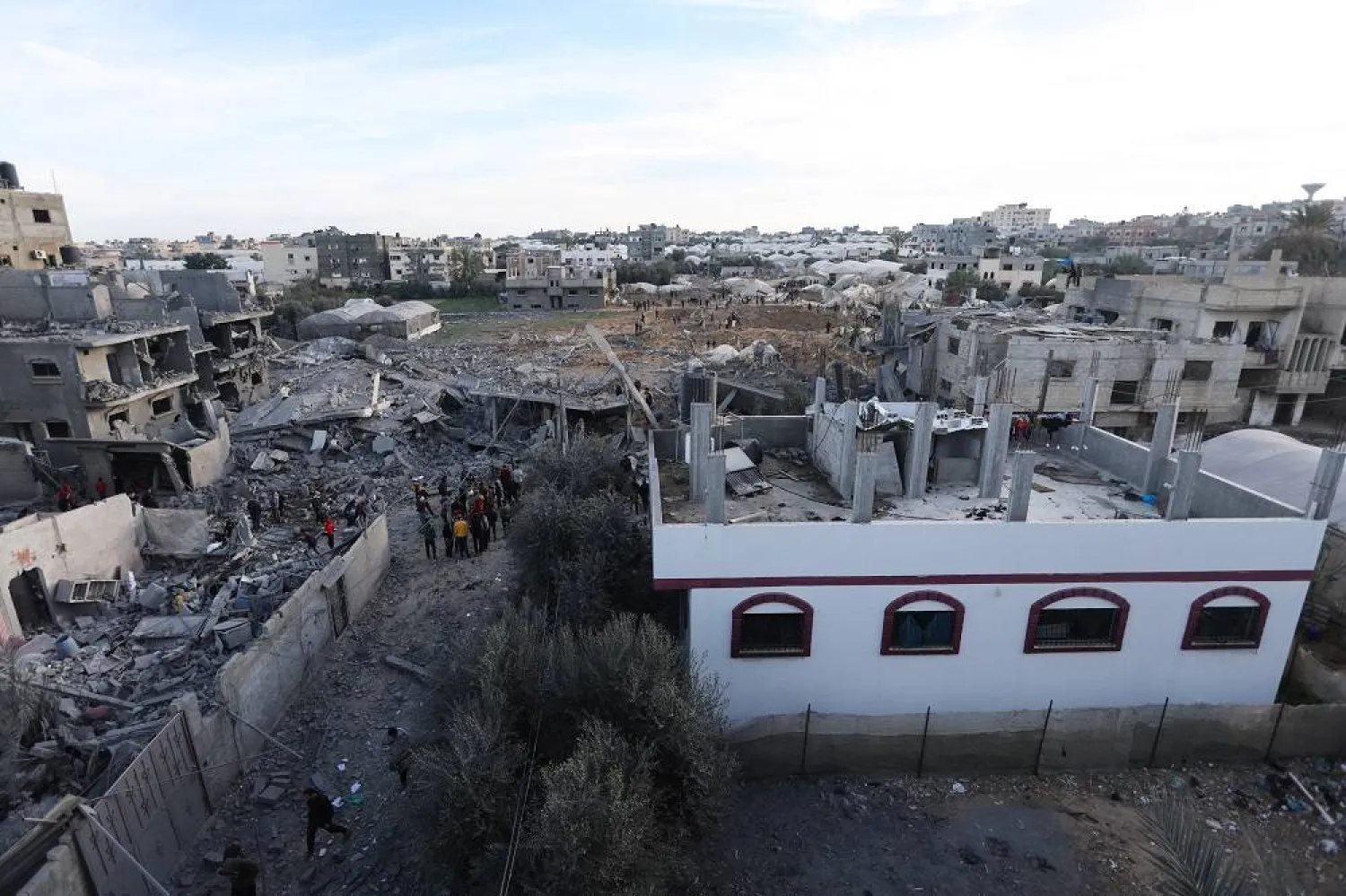The World Health Organization head Tedros Adhanom Ghebreyesus on Monday reiterated calls for a ceasefire in Gaza and expressed particular concern at Israeli attacks on Rafah where most of the enclave's inhabitants have fled.
Israeli airstrikes overnight killed 48 people in Rafah, local health authorities said.
Ghebreyesus said only 15 out of 36 hospitals in Gaza were "still partially or minimally functioning" and that aid workers were doing their best in impossible circumstances.
Speaking at the World Government Summit in Dubai, he said the WHO, the UN's health agency, continued to call for safe access for humanitarian personnel and supplies, for Hamas to release hostages, and for a ceasefire.
The war in Gaza began on Oct. 7 when Hamas fighters stormed border fences to attack Israeli towns, killing 1,200 people and seizing around 250 hostages, according to Israeli tallies.
Israel's four-month war in Gaza has killed more than 28,000 people, say health authorities in the Hamas-run enclave. The UN has said more than 85% of Gazans have been displaced and that Gaza faces famine, with one in five children under five acutely malnourished.
Last week, Israel said it planned to assault Rafah, the last relatively safe place in the enclave, to which more than one million displaced people had fled, camping on the street, in empty lots and on the beach.
"I am especially concerned by the recent attacks on Rafah where the majority of Gaza's population has fled the destruction," he said.
"So far, we have delivered 447 metric tons of medical supplies to Gaza, but it's a drop in the ocean of need, which continues to grow every day," he said.









